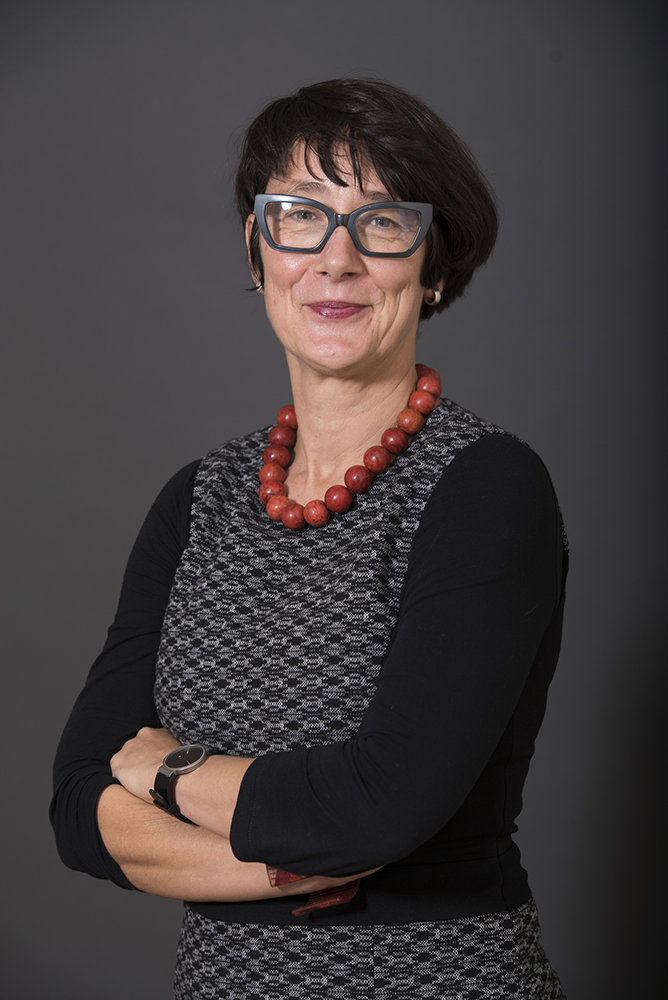
The Department of Women's & Gender Studies (WGS) will be introducing its first graduate degree program in fall term 2016. The MA in Gender and Social Justice may sound like a diversion from their core area of research, but according to chair Susanne Luhmann, Women's & Gender Studies has always been about social justice.
"The name really makes a difference," she says. "It opens up a whole new set of enquiries, reflective of the research we're doing. There's a long history of Women's & Gender Studies asking questions of social justice related to gender, and I think the new title articulates that even more."
Students from across all disciplines with a passion for social justice will now have the opportunity to explore their fields of interest with greater focus and depth. For those who have obtained their BA in WGS and wish to continue their studies in the same discipline, they have the option of staying at the U of A. "Our students are increasingly going on to another degree, but they didn't feel that what they had learned here was sufficiently reflected in other disciplines," says Luhmann. "We think that with this orientation on social justice, we are situating ourselves well in relation to other women's and gender studies programs across the country."
The new graduate program reflects the growth of women's studies at the U of A, which has always been receptive to the changing needs of its audience. "It came out of the interest of faculty and students who wanted to have programs and courses that actually addressed - in the beginning - women's literature," says Luhmann. "But the field has really expanded over the last 20 years, particularly when you start talking about the other kinds of identity markers. It's also race, sexuality, social class, there's questions of disability - it's a complex intersection of identities and articulations. It made sense to expand our name to gender and social justice, whereby we understand gender as informed by these many other vectors."
The MA in Gender and Social Justice program will encompass research and praxis (informed practice) seminars, elective courses in WGS, and for course-based students - a final project that may include a research paper or creative project, such as a short film, policy document or any number of projects structured around each student's unique professional and scholarly goals.
For the three-credit praxis component, the department will collaborate with the U of A's Community Service-Learning (CSL), enabling students to spend 20 hours in the community building knowledge and skills, as well as practical experience in doing social justice work. For most students, the MA in Gender and Social Justice will be a terminal degree, says Luhmann, but with their "scholarly reflective tools" in hand, graduates will be able to work in a social justice context in any of its incarnations, including education, non-profit organizations or working with the government to create change.
"We are a centre of excellence when it comes to questions of gender, sexuality and feminist research, but what really holds us together is this desire for social justice," says Luhmann. "That was always in the field, but now there's a real desire for students to find a place to think about and work on those issues. What this [program] allows us to do is pursue these expanding areas. We're really excited about that!"
Application deadline for September 2016 admission is January 15, 2016. For more information please contact gsjgrad@ualberta.ca.